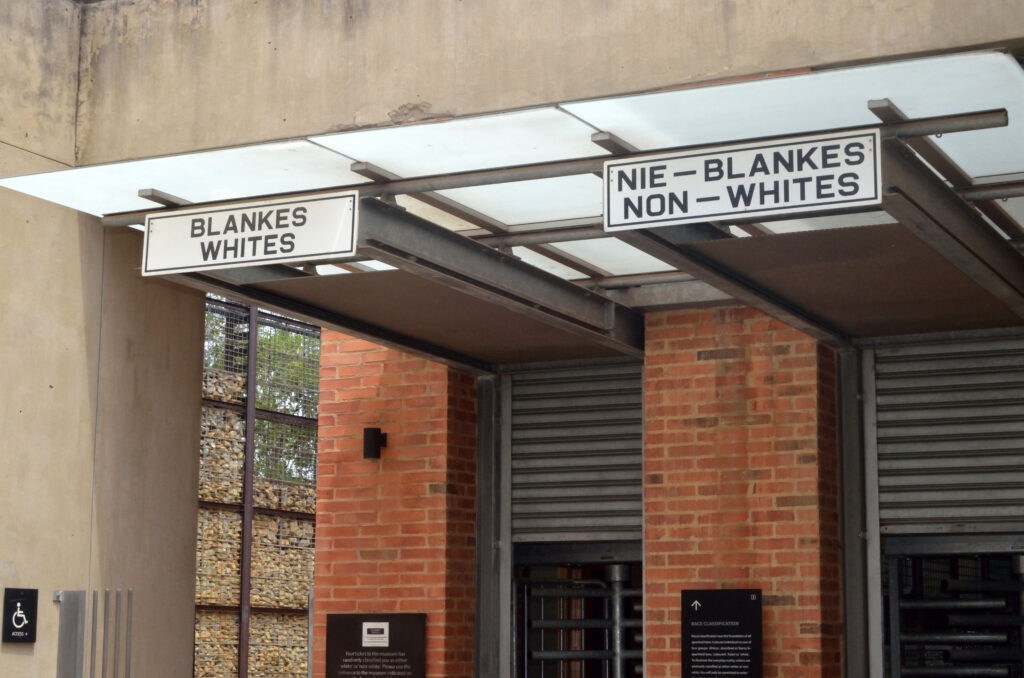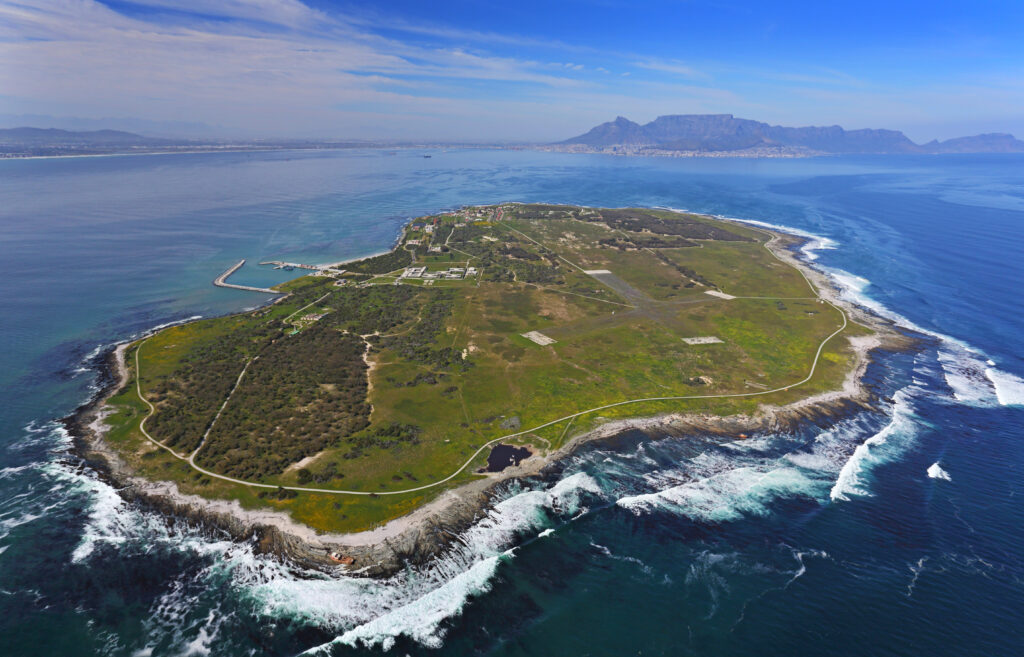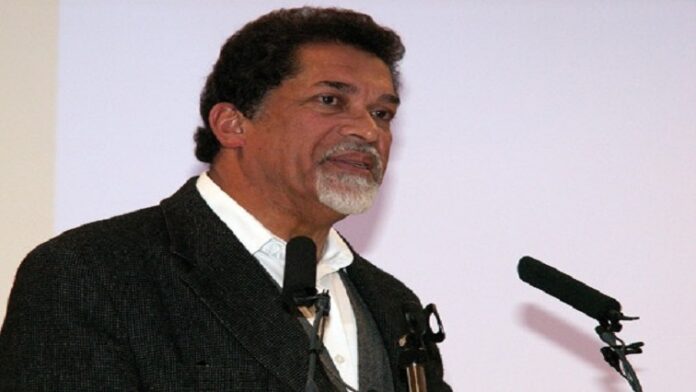The South African Muslim leader and anti-Apartheid activist Imam Achmad Cassiem has passed away in Cape Town at the age of 77.
Imam Achmad was incarcerated in the infamous Apartheid era prison Robben Island at the age of 15 for his role in the armed struggle against the racist regime.
He was imprisoned several times subsequently and harassed by the authorities throughout the Apartheid era.
He later became a founder member of the Qibla movement which promoted Islam in South Africa, as well as a prominent pro-Palestine and anti-Zionist campaigner.
Imam Achmad Cassiem was born on December 12, 1945. He became politicised in the 1960s and at the age of 15 joined the armed struggle against the Apartheid regime.
At the age of 17, he was arrested because of his connection to his teacher, Sadiq Isaacs, who was accused of manufacturing bombs and explosives.
Imam Achmad was sentenced to five years in prison, while Isaacs was sentenced to 12 years. He was taken to Robben Island where he served his sentence and became one of the youngest people to be imprisoned on the island.
Subscribe to our newsletter and stay updated on the latest news and updates from around the Muslim world!
During his time in prison, he was punished for attempting to expose the appalling conditions by smuggling out letters to Amnesty International and the International Red Cross.
When he was released he was immediately issued with a banning order. He was not allowed to communicate with more than one person at a time, entertain visitors or enter any educational institution. He was then re-arrested for breaking the conditions of his banning order by attending Jumu’ah prayers.
Harassment by the security services did not stop, and he was again arrested in 1980 for secretly mobilising students and teachers to oppose Apartheid education.
As a result, he and 65 others were detained for 243 days without charge. While in prison he was punished for violating a ban to communicate with other prisoners. Prison warders confiscated documentation, newspapers, books and the Qur’an. He was later released without any charges being laid.

In 1979 Imam Achmad became a founder member of the Qibla movement with the purpose of defending and promoting Islam in South Africa.
But in 1981 he was arrested once again because an anti-Apartheid fighter was in possession of his phone number. He was sentenced to six years imprisonment but was released in 1991, although he remained under restrictions until 1993.
Despite the official end of Apartheid in 1994, Imam Achmad called on Muslims to boycott the country’s first democratic elections. He argued that the compromises made by Nelson Mandela’s ANC violated the goals of the anti-Apartheid struggle.
He remained critical of the ANC and called for South Africa’s new democracy to secure justice for the victims of Apartheid before rushing towards peace.
Imam Achmad was also instrumental in setting up the Islamic Unity Convention (IUC) which was an umbrella organisation for 300 Muslim organisations across the country. The IUC either established several organisations, including aid and educational organisations and the broadcaster Radio 786.
In 2005 he led the Pan Africanist Congress (PAC) in the Western Cape and was a strong proponent for the liberation of Palestine, often addressing the Al Quds rally demanding South Africa’s severing of ties with Zionist Israel.
He was also the author of several books including “The begging bowl: Hunger, starvation, malnutrition & Muslims,” as well as “Zionist Israel: Hypocrisy Has No Limits.” In 2015 he authored the book “The Oldest Profession” calling for the need to revolutionise education.
‘Revolutionary leader’
Imam Achmad Cassiem was also an advisor to the Islamic Human Rights Commission (IHRC) in London.
IHRC chair Massoud Shadjareh said: “It will be difficult to summarise all the achievements of Imam Achmad Cassiem – his efforts to establish and lead the Qibla movement as an Islamic anti-Apartheid armed resistance group which defeated Apartheid, is one of the testimonies of his vision; and his dedication and his methodology of resisting oppression and supporting the oppressed by being a committed Muslim and Imam.
“We are inspired and grateful to him as a teacher, as an Imam and as a guide who showed us that Islam is the pragmatic answer and solution against all oppression. Today, I cannot help hear over and over his famous saying: ‘Every day is a good day to learn and every day is a good day to die.”’

Sheikh Irafaan Abrahams, the president of the Muslim Judicial Council (South Africa), said: “Imam Achmad Cassiem will be remembered as a leader who was always at the forefront of the struggle against Apartheid and oppression to the extent where he was incarcerated on Robben Island.
“May Allah reward him for the sacrifices and efforts he made to ensure that the rights of people are protected and that justice prevails. May his legacy of striving against injustice and oppression prevail, Ameen.”
Speaking to Salaamedia at Imam Achmad’s Janazah in Cape Town today, Nazier Paulsen, an MP and a student of the late Imam, said: “He was one of those people who informed the consciousness of the youth back in the 80s… we’ve lost an icon in our community, a man who stood by his principles even if he was going to stand alone…
“Imam Cassiem was a remarkable revolutionary leader in our community who opposed injustice. He was a fervent supporter of the Palestinian people and we will continue to support the Palestinian people; we will continue to fight for the dismantling of the Apartheid Israeli state and the return of Palestinian lands, as Imam Cassiem did all his life.”
And Judge Siraj Desai said: “I’ve known the Imam for half a century since we were at school together… he was placed under banning orders for 20 years but he stayed consistent with his views… he was deeply committed to a new social order and was not comfortable with events in this country with the poor becoming poorer. And with Qibla and all his organisations he exposed the rot that was sitting in society… He was an outstanding pillar of this community.”























